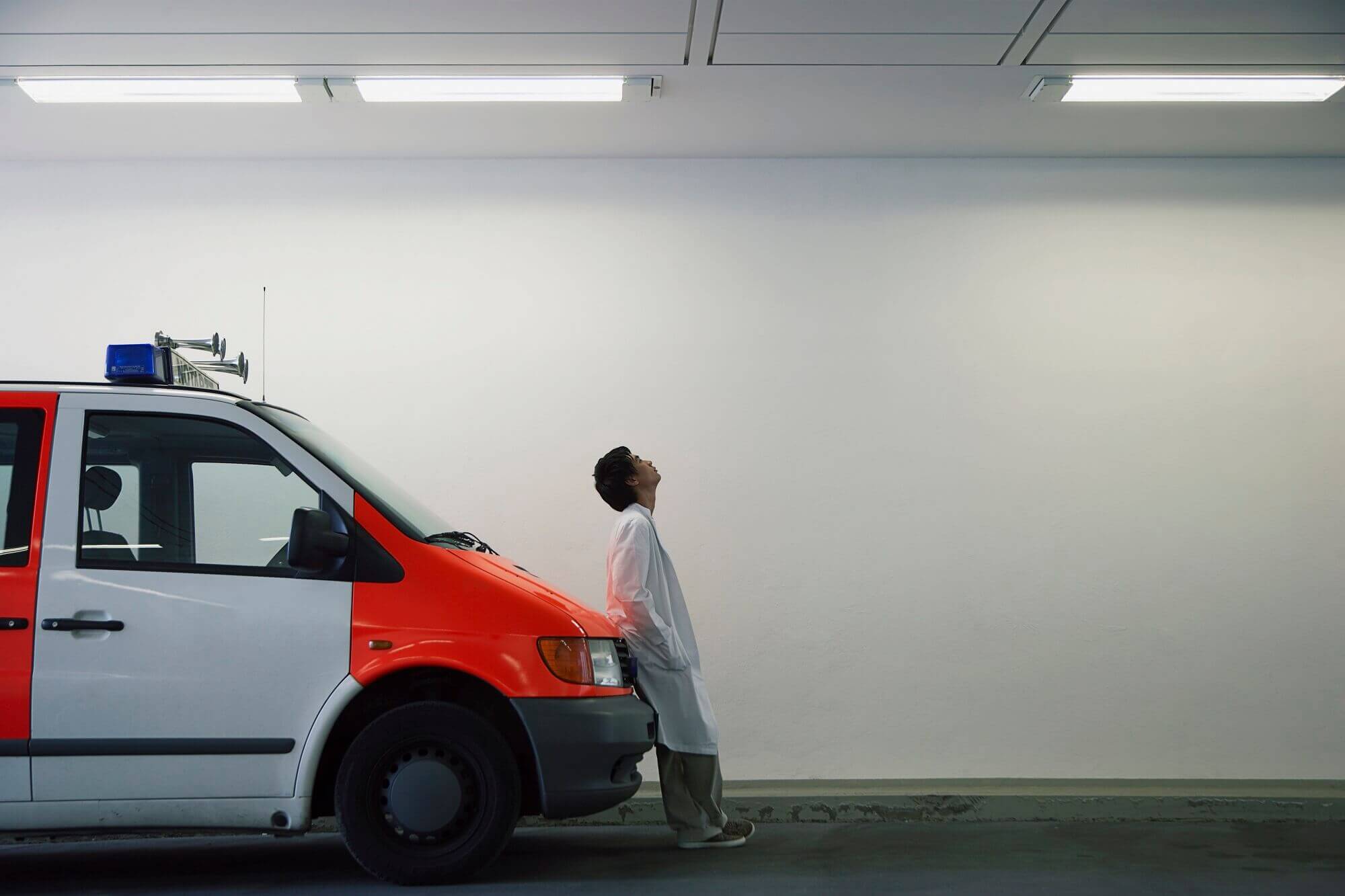Among intensive care unit (ICU) clinicians, a cross-sectional study suggested symptoms of depression and anxiety were clinically distinct from burnout. These findings were published in JAMA Network Open.
The ICUs of 36 hospitals (53% public and 47% private) in Brazil were surveyed between 2017 and 2018. Participating clinicians (N=715) were assessed by a self-administered questionnaire including the Maslach Burnout Inventory (MBI) and the Hospital Anxiety and Depression Scale (HADS) instruments.
The participants were 50.1% nurse technicians, 22.2% nurses, 14.3% physiotherapists, and 13.4% physicians and had a median age of 34.8 years (interquartile range [IQR], 30.2-39.3). Of the participants, 72.7% were women, with a median of 5.2 years’ experience in the ICU (IQR, 2.1-10.0), and they were working a median of 40 hours per week (IQR, 36-60).
The clinicians reported low levels of emotional exhaustion (MBI: mean, 1.84; SD, 1.18), depersonalization (MBI: mean, 0.98; SD, 1.03), depression (HADS: mean, 0.54; SD, 0.40), and anxiety (HADS: mean, 0.70; SD, 0.45), and high levels of personal accomplishment (MBI: mean, 5.05; SD, 0.87).
With a confirmatory factor analysis, the best-fit overall model separated 3 burnout features from 2 clinical symptoms (X2, 991.52; comparative fit [CFI], 0.99; root mean square error of approximation [RMSEA], 0.021; 95% CI, 0.017-0.025) indicating a separation of burnout symptoms from depression and anxiety.
With an exploratory graph analysis, 3 distinct clusters were identified. Cluster 1 comprised depression and anxiety HADS scores, cluster 2 MBI personal accomplishment, and cluster 3 MBI depersonalization and emotional exhaustion (best fit in 62.5% of bootstraps).
This study was limited because it analyzed data from a separate study that was not designed to assess burnout and depression among ICU clinicians. In addition, the self-assessment design may have led to biased answers.
These data indicated depression and anxiety were empirically distinct from burnout among clinicians working in the ICU. The study authors concluded that clinicians should be assessed for these symptoms separately such that appropriate diagnoses and treatment plans may be formulated.
Disclosure: An author declared affiliations with the pharmaceutical industry. Please refer to the original article for a full list of disclosures.
Reference
Fischer R, Mattos P, Teixeira C, Ganzerla DS, Rosa RG, Bozza FA. Association of burnout with depression and anxiety in critical care clinicians in Brazil. Published online December 23, 2020. JAMA Netw Open. doi:10.1001/jamanetworkopen.2020.30898

